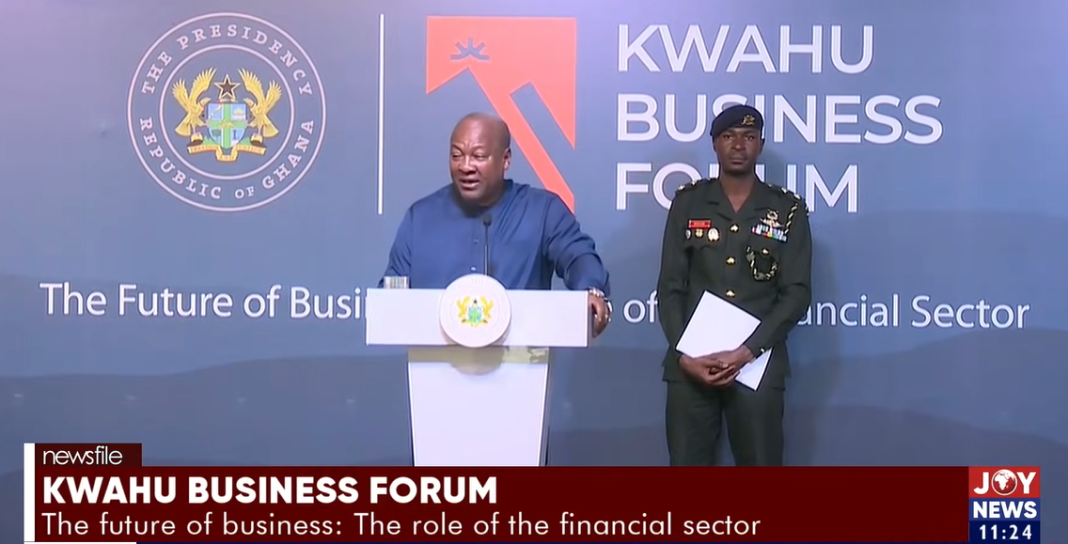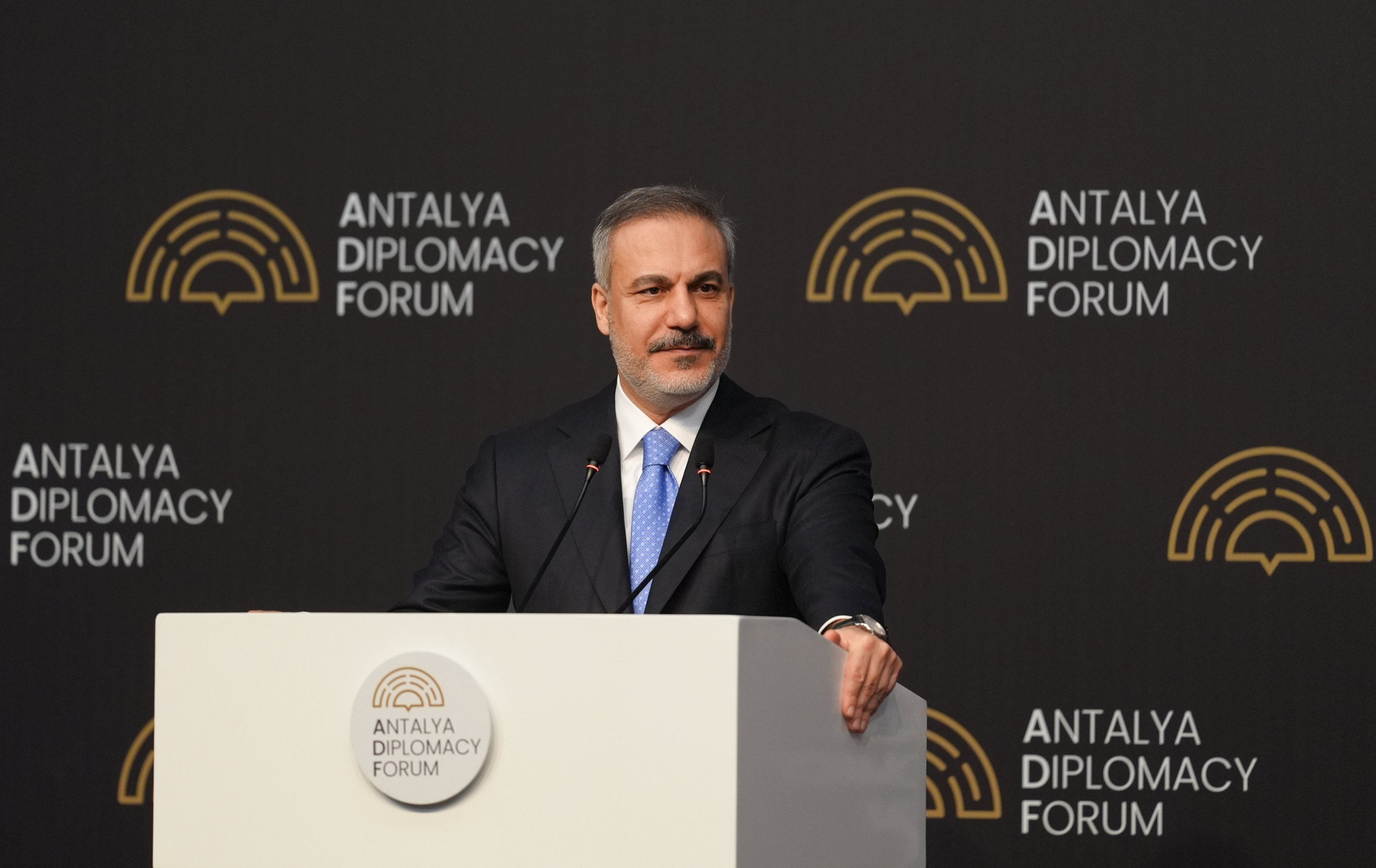If the Ukraine peace talks don’t show real promise “within a matter of days,” Washington will “move on” to other priorities, Secretary of State Marco Rubio declared , following talks with Ukrainian and European officials and a phone call with his Russian counterpart in which America’s top diplomat outlined a proposed peace plan. The Trump administration is right to inject a sense of urgency into the negotiations. But threatening to wash our hands of the matter could perversely encourage Kremlin obduracy.
Instead, Washington should apply economic pressure on Russia while making clear that US support for Ukraine will endure. Rubio’s ultimatum reflects the administration’s growing frustration with the scant progress toward peace. But the blame lies squarely with Russia.

Vladimir Putin, determined as ever to make Ukraine a vassal state, continues to insist on maximalist demands. The Russians have dragged out peace talks, apparently believing time is on their side. While Kyiv accepted President Donald Trump’s proposal for an interim cease-fire, Putin rejected it, seeking instead to press his battlefield advantage in pursuit of more territory and greater leverage.
Although Trump has threatened Russia with economic punishment, he has yet to follow through. Ukraine has felt Trump’s wrath, whereas Moscow has been permitted to blow off Trump’s peace proposals with impunity. Putting the Russians on the clock makes sense.
But by threatening to walk away, Washington tempts Moscow to wait out Trump’s patience. Rubio, who noted that Washington has spent “three years” and “billions of dollars supporting the Ukrainian side,” did not clarify whether critical US military aid for Ukraine would continue if Trump abandoned the peace talks. The Kremlin probably expects it would not.
While Putin might ideally prefer an agreement that concedes to his demands, he certainly won’t object if Washington simply wants to write off Ukraine. An end to American aid would bolster Russia’s battlefield prospects and would be seen by many as implicit acceptance of Moscow’s imperialist designs on Ukraine. Moscow may also calculate that Trump would eventually still move to normalize relations with Russia.
US interests are best served by achieving a durable peace deal in which Ukraine remains an independent, democratic and well-armed state. This would strengthen NATO deterrence and guard against the economic and geopolitical disruption of a follow-on war in Ukraine. Other adversaries, such as China, will no doubt be watching closely, too.
Trump should immediately make clear that if Moscow fails to meet his deadline, the result won’t be US disengagement. Rather, Washington should ratchet up sanctions on Russia, particularly on its oil revenue. Even if Putin continues to refuse a cease-fire, tighter sanctions might at least shorten the amount of time Russia’s struggling economy can sustain the war.
The administration should prepare to sanction foreign parties that facilitate Russian oil exports outside the G7 price-cap mechanism. This effort should include sanctions on the rest of Russia’s so-called “shadow fleet” of oil tankers. Washington should also work with G7 allies to lower the price caps as close as possible to Russia’s cost of production, then aggressively target violators.
The executive and legislative branches should also reiterate that normalization of US-Russia relations is contingent on an acceptable peace deal. Meanwhile, the United States should strive to help the Ukrainian military exhaust Russia’s offensive potential. Russia’s battlefield advantage isn’t decisive and can be eroded.
If Putin is made to understand that further fighting won’t achieve significant benefits, he may be more amenable to a cease-fire. Although Russian forces possess the strategic initiative, they are currently unable to convert tactical success into a larger breakthrough. This seems unlikely to change before the war ends.
To be sure, Ukrainian forces face significant problems, particularly a shortage of manpower. But they continue to hold Russia to incremental, costly gains and have developed counters to Russian assault tactics, helping slow Moscow’s advances in recent months. As the war drags on, dwindling equipment stocks will likely challenge Russia’s ability to sustain offensive operations.
While Trump has continued to deliver arms pledged by his predecessor, he hasn’t issued new aid packages. Eventually, that’ll need to change to prevent a drop-off in aid, assuming no cease-fire occurs. Trump inherited roughly $3.
8 billion worth of authority to donate weapons to Kyiv, but Congress must ensure the Pentagon has sufficient funds to replace them. To show Putin he cannot wait out US assistance, Trump should ask lawmakers for a “Ukraine Leverage Package” providing additional aid authority and funding. Trump has tried luring Moscow to the table.
That hasn’t worked. The answer isn’t to throw up our hands, but to start bringing leverage to bear against the obstacle to peace. John Hardie is deputy director of the Russia Program at the Foundation for Defense of Democracies.
.
Politics

Yes, step up the pace on Ukraine peace — with fresh consequences if Putin resists

The Trump administration is right to inject a sense of urgency into the Ukraine cease-fire negotiations. But threatening to wash our hands of the matter could perversely encourage Kremlin obduracy.















